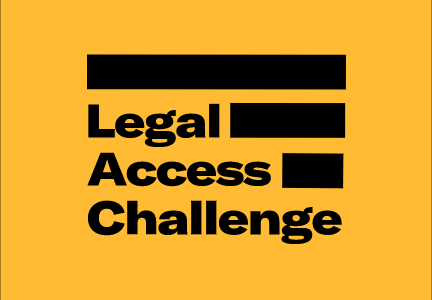Abstract: Over the past two years, I have interviewed hundreds of in-house and law firm lawyers from around the globe to explore the changing legal marketplace, expectations of clients, and innovation in law. One of my main conclusions is that we are experiencing an Innovation Tournament in Law and almost everyone is playing in it….
The Secret Sauce to Teaching Collaboration and Leadership to Lawyers: The 3-4-5 Method of Innovation
Abstract: It is a hard sell to convince lawyers that they need to learn how to innovate. However, when we consider the skillset and mindset that is honed in the process of learning how to innovate, this decision should be a no-brainer. This is because, as discussed in the prior chapter (Innovation: A New Key…
AI-Enabled Business Models in Legal Services: From Traditional Law Firms to Next-Generation Law Companies?
What will happen to law firms and the legal profession when the use of artificial intelligence (AI) becomes prevalent in legal services? This paper addresses this question by considering specific AI use cases in legal services, and by identifying four AI-enabled business models (AIBM) which are relatively new to legal services (if not new to…
LSB report: ABS have had a positive impact on legal services market
The Legal Services Board’s (LSB) annual report asserts that alternative business structures (ABS) continue to have a “direct and positive impact” on the legal market. They have provided an effective structure for firms who wish to take a different approach to meeting legal need. There are now more than 1000 ABS in England and Wales. …
Event: Challenges of Global Digitalisation for Governance and Justice
16-17 September 2019, Luxembourg European Institute of Public Administration (EIPA) About this course Digitalisation is rapidly transforming our world and affects governance, businesses and justice. In light of this, there is an urgent need to adopt solutions to the global digital changes in automatisation, artificial intelligence, blockchain technology, digitalisation of legal practices and services, as…

SRA launches legal access challenge
Legal Access Challenge launched to encourage innovation Six in 10 don’t think the legal system in England and Wales is set up for ordinary people Many who experience a legal problem don’t take professional advice, citing cost and trust as key barriers Eight in 10 say it needs to be easier for people to access…

The implications of AI on legal regulators and how they can use it
At last year’s ICLR Annual Conference in The Hague, ICLR member came together to present on the implications of AI on legal regulators and how they might harness this technology to their advantage. Panelists drew from input from ICLR members and how their own institutions were engaging with Artificial Intelligence, as shown in the infographic…

California Bar exploring opportunities to deploy AI
The agency is examining how artificial intelligence could help it review misconduct complaints and administer the bar exam. The State Bar of California has started wading into the artificial intelligence waters. The agency is exploring ways AI could help bolster the efficiency of its attorney discipline system and assist with administering the bar exam. The…

Four steps legal regulators can take to embrace their data
Data has always been a foundational part of the practice of law. However, the convenience, accessibility, and speed of digital mediums is transforming the discipline from within. Law firms are stepping up the plate leveraging their internal data, as well as industry data to make their practice and delivery of services more efficient and effective….
Colorado Lawyer Self-Assessment Program yields analytical insights
Colorado Supreme Court Office of Attorney Regulation Counsel started developing its lawyer self-assessment program more than two years ago, immediately after a seminal workshop on proactive, risk-based regulation at the 41st ABA National Conference of Professional Responsibility in May 2015. The new resource is a leading facet of a larger shift toward proactive management-based regulation, which aims to…

